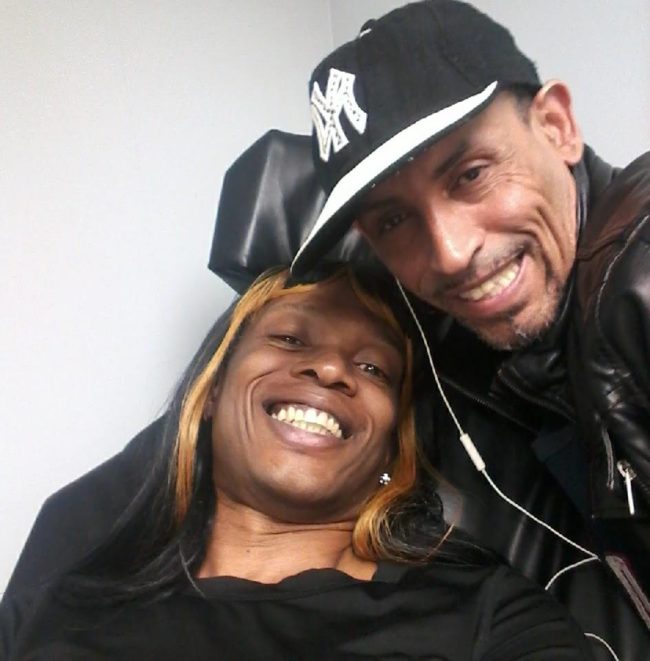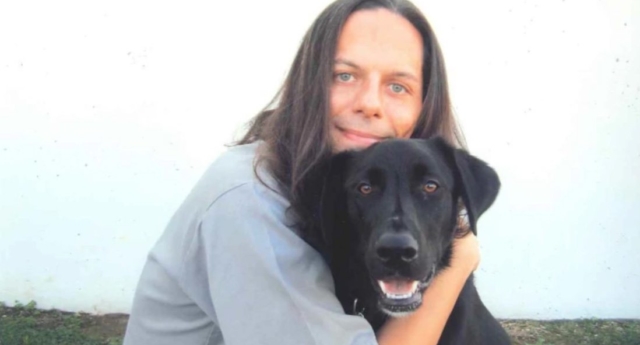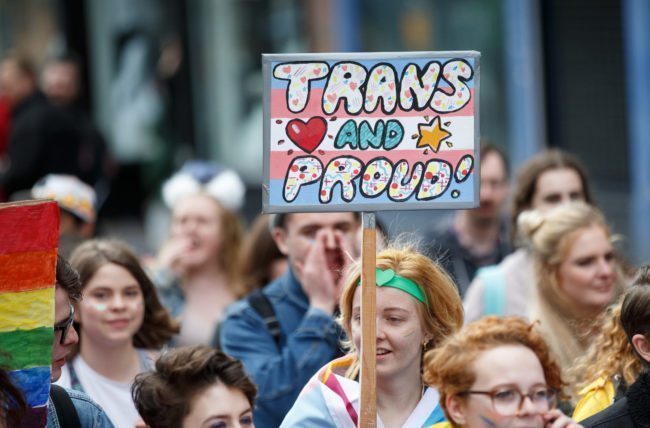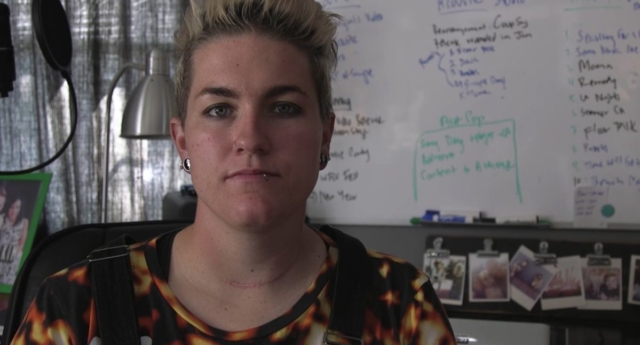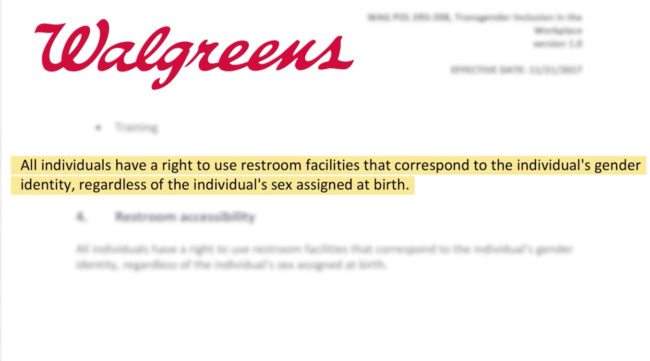Non-binary Teen Celebrates ‘B’nei Mitzvah’
A synagogue has held the first known gender-neutral “B’nei Mitzvah” in the UK for a non-binary teenager.
The Jewish coming of age ritual is typically gendered, with males attending a Bar Mitzvah and females attending a Bat Mitzvah.
When Esther Thorpe, 14, came out as non-binary last year, their mother, Miriam, worried about how the important ceremony would be held.
Miriam Taylor Thorpe explained that despite the traditional routes of the ceremony, she felt strongly that her child should have something that felt right to them.
The mother had previously faced fears of acceptance within their Jewish community as a different child had recently come out as gay.

However, their local synagogue stepped up the game by welcoming the Thorpe family with open arms.
They worked with student rabbi Gabriel Webber at their synagogue in York to adapt the ceremony.
Webber explained that it was “the first” non-binary Mitzvah they have had “on the radar” it was “going to be far from the last one.”
Other options had included “ban”, which combines the Hebrew for boy and girl, as well as “sera”, which means offspring or seed.
Esther explained that it was important for them to get the right terminology “for other non-binary kids in the future”.
“If you have a name that doesn’t give that tie into your family and your history, you are much more isolated, and that compounds isolation that I know Esther still does feel — if you are non-binary or trans and you are the only person in your shul that are already in a different position,” Miriam added.
Esther is now known as Esther chose “Esther mi beit Miriam,” which translates to “Esther from the house of Miriam.”
The gender-neutral service was well accepted by the Jewish community, although some people did purchase typical “bat mitzvah” gifts that would be aimed towards people who identify as a female.
Miriam explained: “It was quite easy to make the service be reflective of [Esther being] non-binary, once you have a rabbi that’s on board with it and you have a congregation that’s prepared to take that through and as soon as you left the service you’re back to it’s either a bar mitzvah or a bat mitzvah and there’s nothing in between.”
“I feel better,” Esther added. “I feel part of a community, accepted and acknowledged.”

